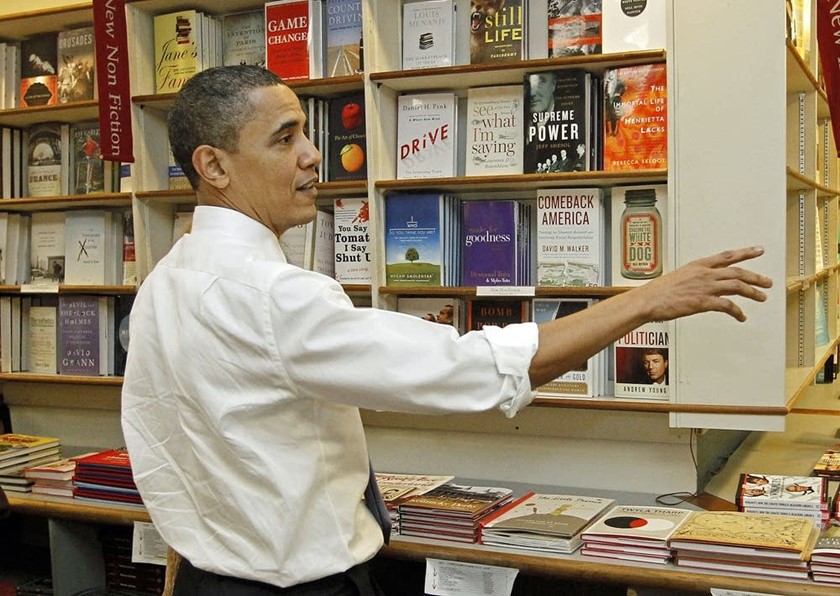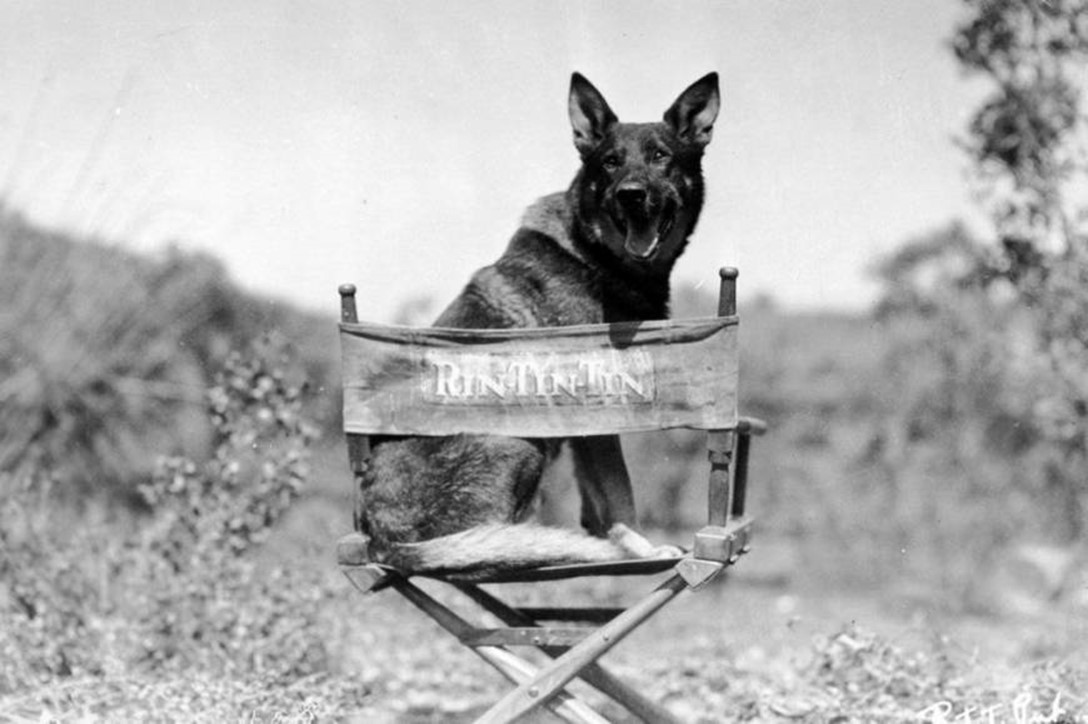T’was, Sadly, Inevitable. Smart Condoms.
March 3, 2017 in Daily Bulletin

Caitlin Petrakovitz wrote:
- They’re called i.Con Smart Condoms, because of course they are.
- Not only is the product name questionable, it’s also inaccurate. The $70 device is not a condom. That’d be expensive and wasteful (…or gross). It’s a ring to be attached to the base of a condom (no actually, still gross).
- It’ll measure thrust velocity, calorie burn, skin temperature, and, of course, your iGirth.
- And the device will track how many times you’ve had sex. Though, let’s face it, the type of people who want to track that aren’t the type that need a device to do it for them.
- Purchasers of this iDevice will be able to address their iNsecurities by comparing their iStats against other iUsers.
- They’ll also be able to publicly publish their metrics on social media for the world to maybe validate their being.
- It (the device) charges via mini USB. It lasts eight hours (also, it goes without saying, just the device).
Read more on CNet.





 The Economist wrote about the app buying experience in Cuba:
The Economist wrote about the app buying experience in Cuba:


Join the Discussion! (No Signup Required)